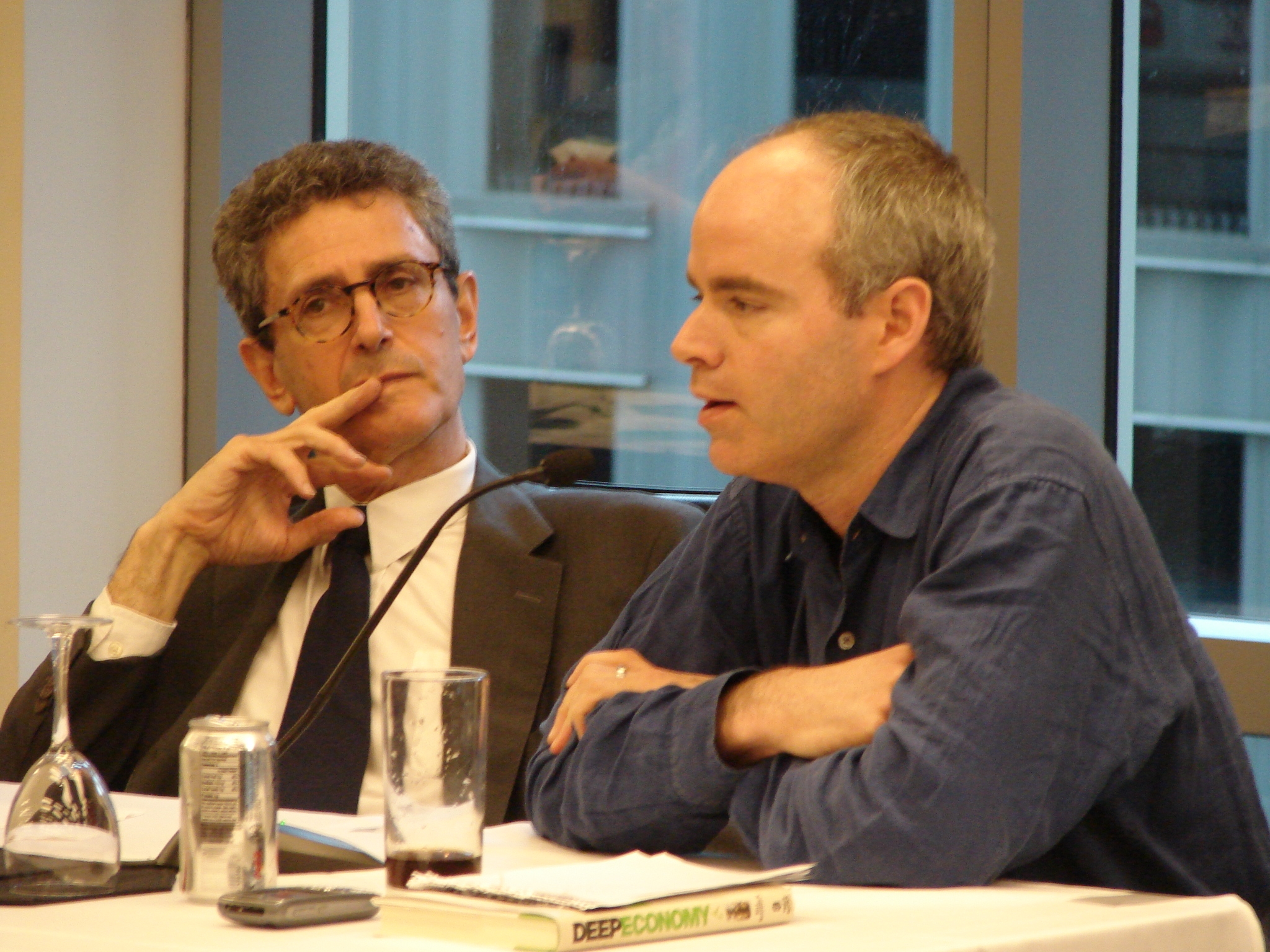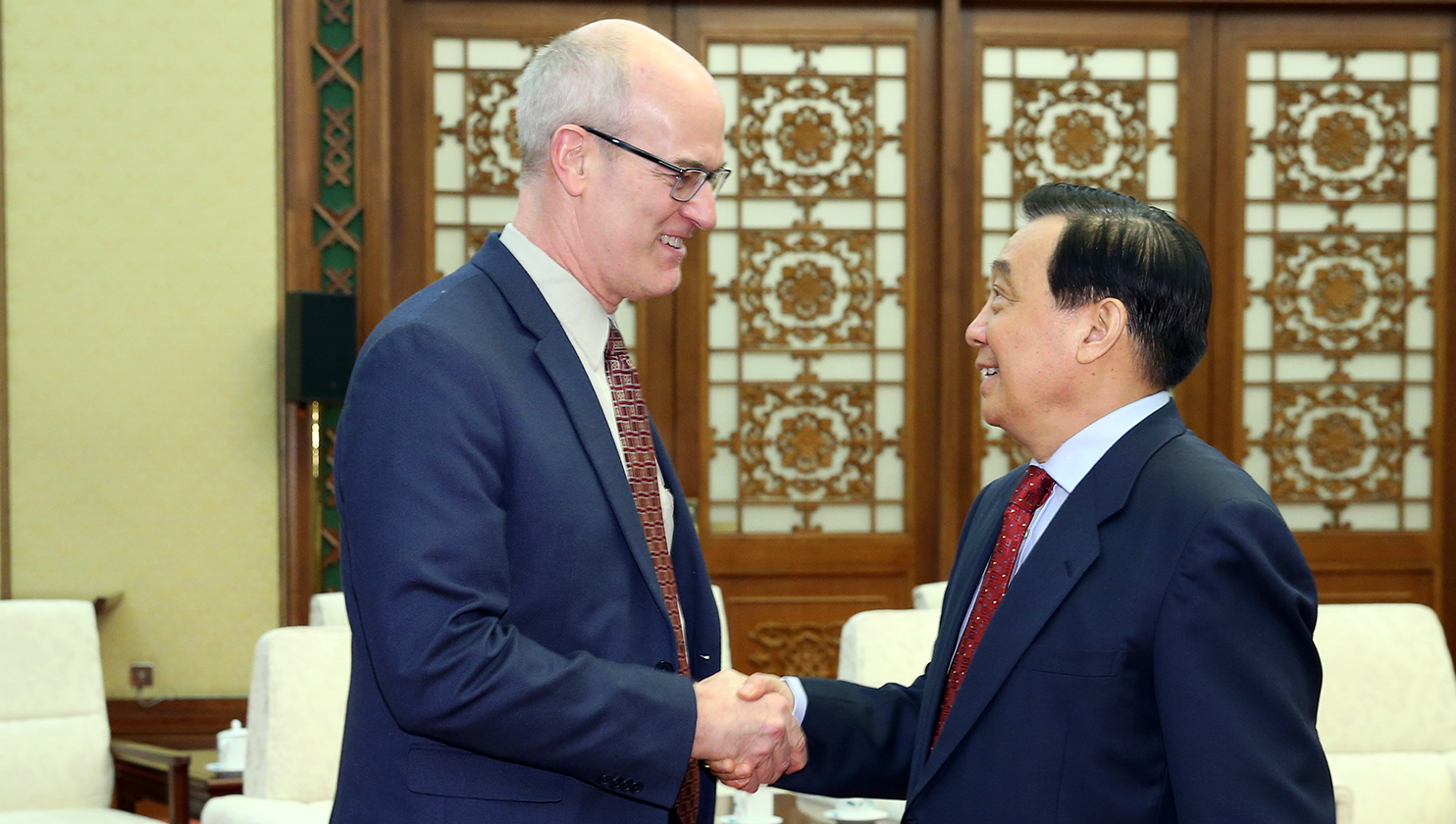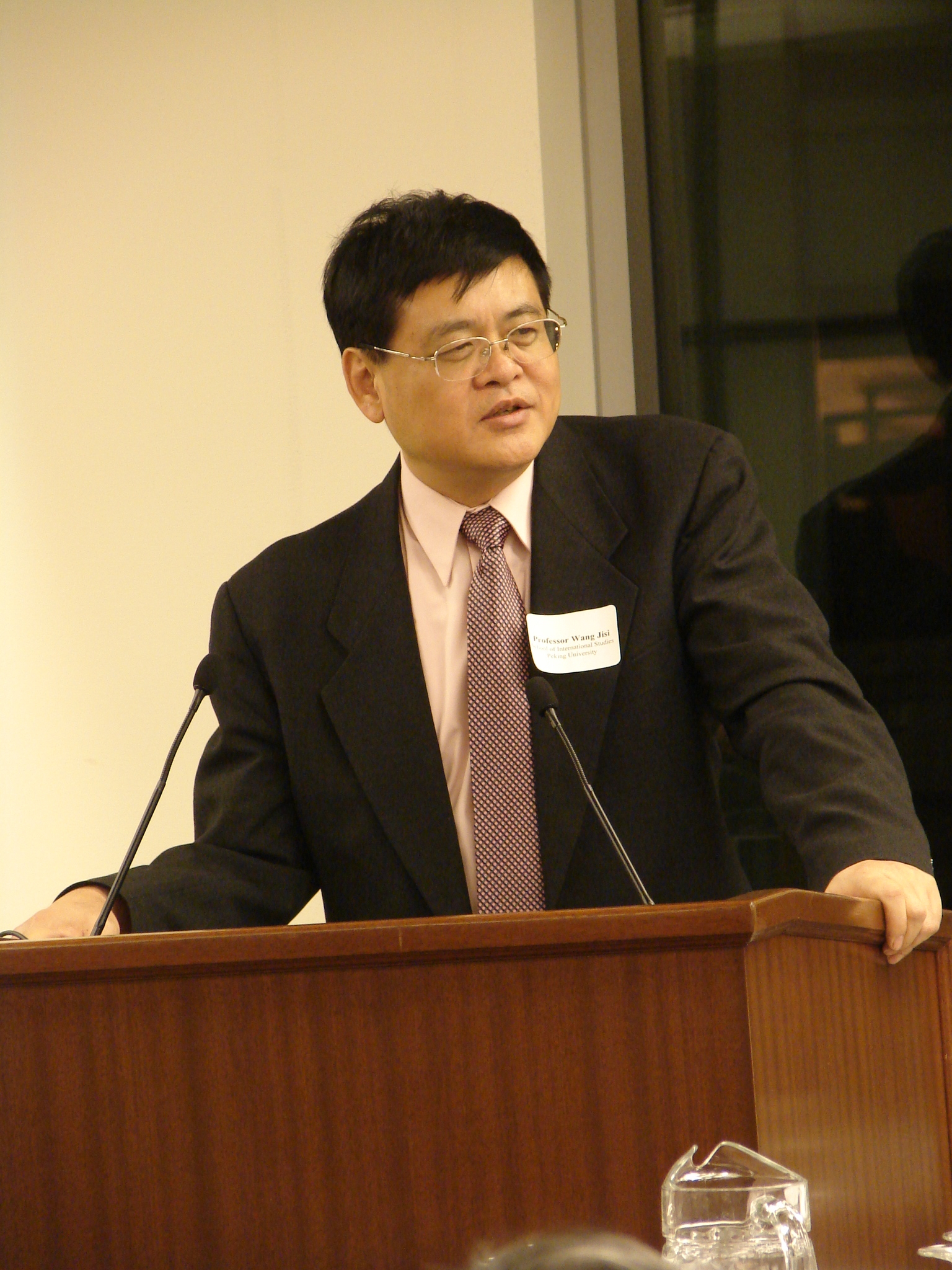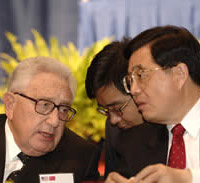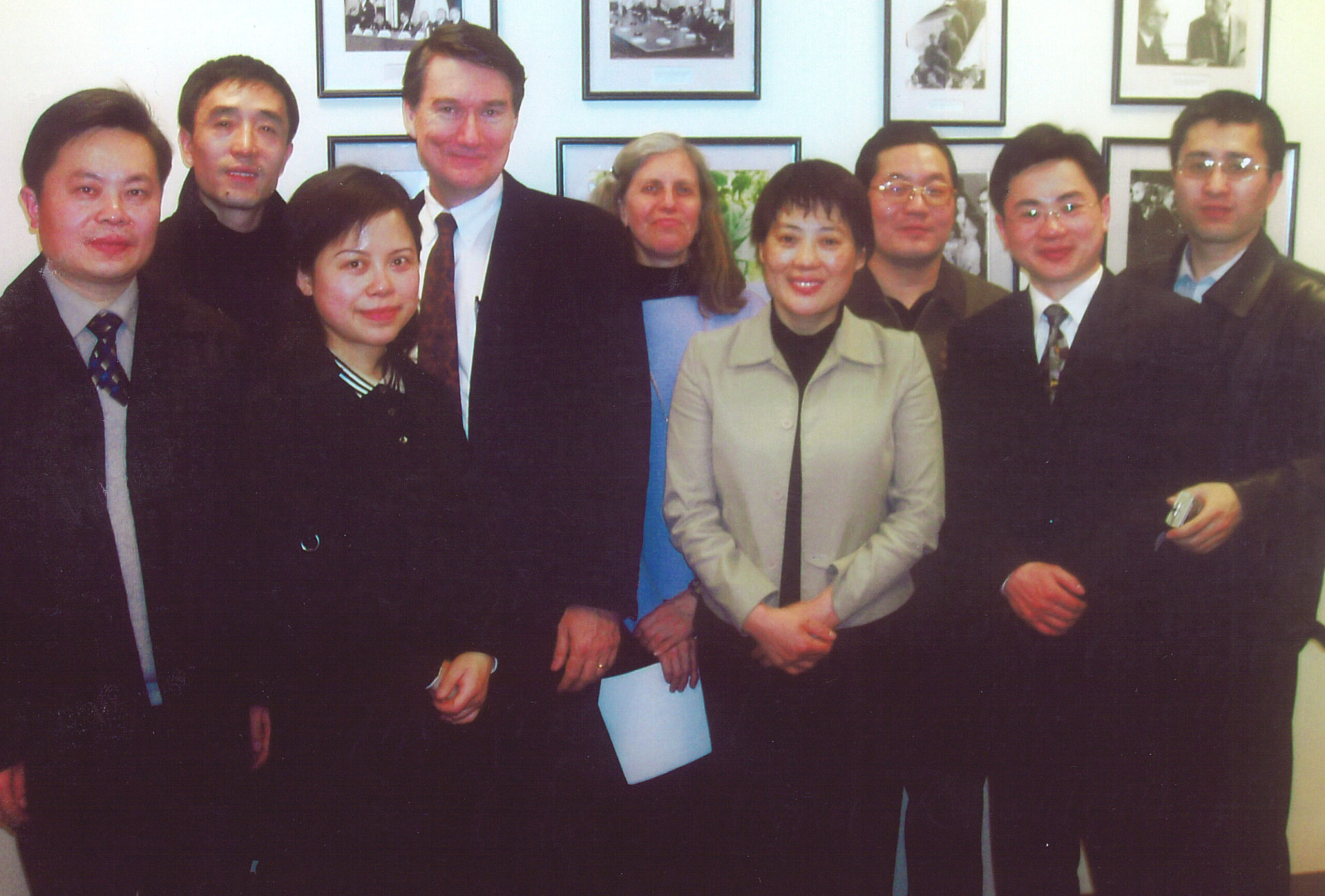Concern about the safety of products imported from China has added a new source of tension to U.S.-China trade relations. In this off-the-record conference call with National Committee members, three specialists offered their analysis of how the current issue has developed over the course of the last several months, examined dynamics within China that contributed […]
China has made great strides in introducing a modern body of law and legal institutions over the course of the past 30 years. In the process, it also has raised the legal awareness and expectations of its citizens. Yet the country still faces major hurdles in enforcing laws, ensuring an independent judiciary and facilitating the access of ordinary citizens to the legal system.
This public program examined had a “then and now” focus, as it examined how the work of foreign journalists in China has changed in the 35 years since the signing of the Shanghai Communique. Richard Bernstein, who opened TIME magazine’s Beijing bureau in 1980, talked about some of the hurdles that foreign reporters faced in […]
The National Committee sends three bipartisian delegations of congressional senior staff members to China each year for a study tour to learn first-hand about issues impacting China and the U.S.-China relationship. Delegation members travel to Beijing and other regions of China to meet with counterparts working for China's central, provincial, and municipal governments, as well as with NGO leaders, academics, business leaders, and members of the media.
The National Committee regularly sends members of Congress to China, having arranged and escorted eight delegations since 2006. The week-long study tours are designed to educate the congressmen and women about China through personal introductions to senior Chinese leaders and a range of informative site visits and meetings.
At this program, Professor Wang Jisi, dean, School of International Studies, Peking University, reprised one of the themes raised in his 2005 Foreign Affairs article, “China’s Search for Stability with America,” (see the Sept/Oct 2005 Foreign Affairs issue) and focused on areas where Chinese and American interests converge and diverge in Asia.
Professor Lucian Pye and Professor Robert A. Scalapino, two distinguished scholars in the field of U.S.-China relations who have served as National Committee chairmen, discussed the founding of the National Committee, its work over the past 40 years and the role it might play in the future at a May 3 anniversary program in New York City. National Committee chair Carla Hills welcomed the many current and former directors, members and guests who attended the program.
On April 20, 2006, the National Committee co-hosted a dinner in Washington, DC in honor of Hu Jintao, president of the People’s Republic of China. This provided the occasion for President Hu’s only public address in Washington, DC. In his remarks, President Hu noted that U.S.-China relations have grown beyond the bilateral context and have […]
As part of an overall strategic review, the Rockefeller Foundation asked the National Committee to help it look at how China’s emergence affects the foundation’s strategies and goals. The China Project is an ongoing series of seminars and discussions begun in 2005 with the aim of providing the Foundation staff an opportunity to examine the global and regional impacts of China’s rise and its implications for Foundation programming around the world. The focus is on issues the Foundation staff identified as important to their programmatic goals.
In February 2005, the National Committee brought seven Chinese legal aid professionals to the United States to spend five weeks examining the governance and administration of American professional legal service organizations.
